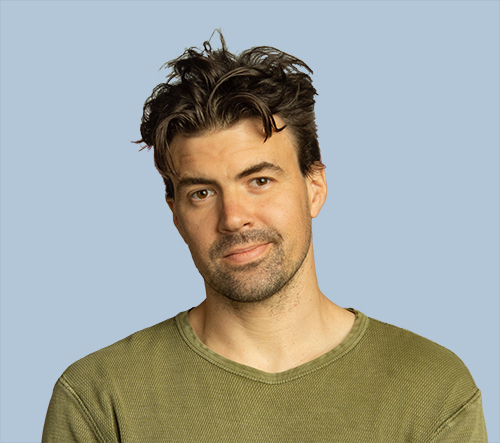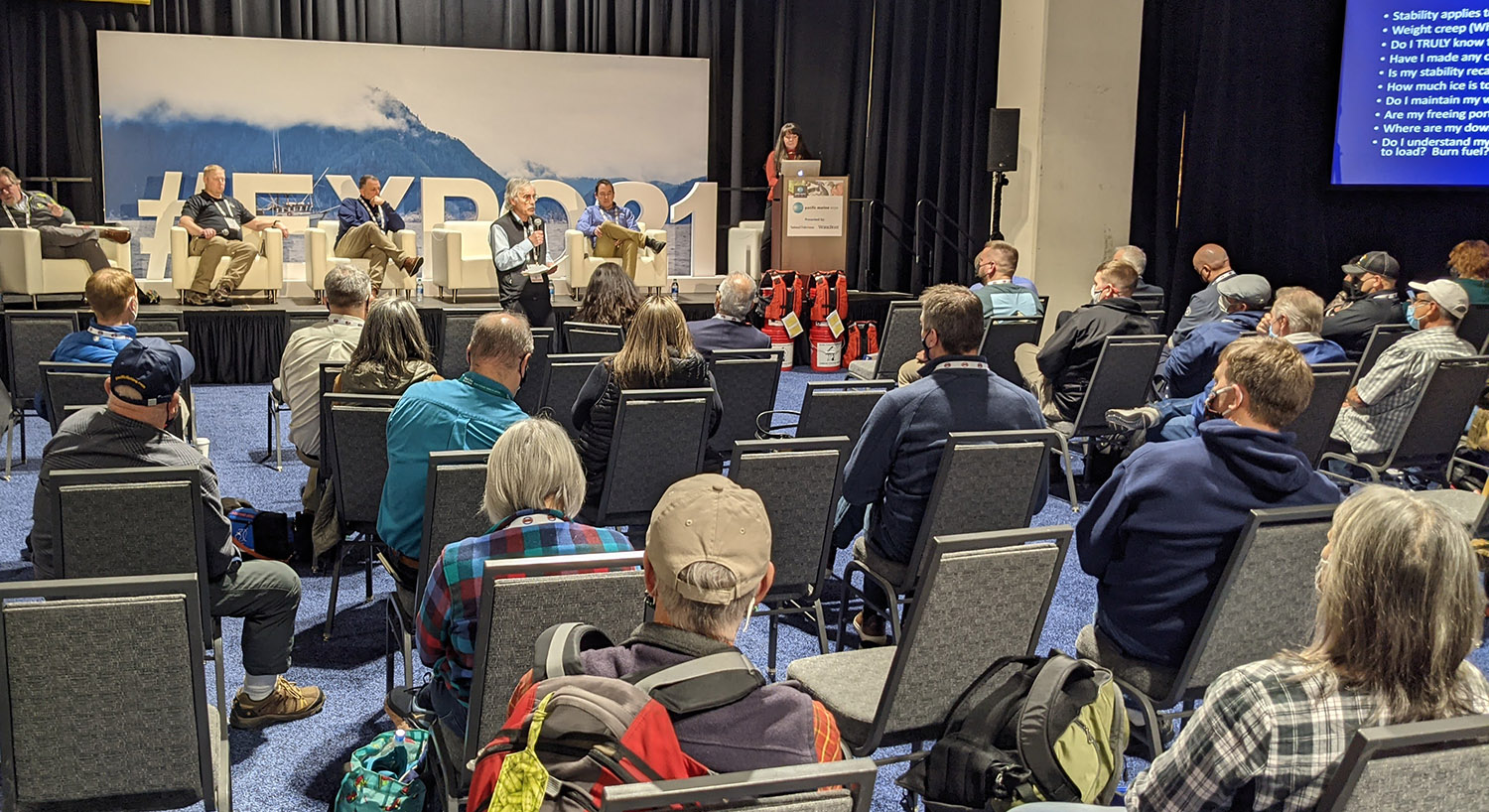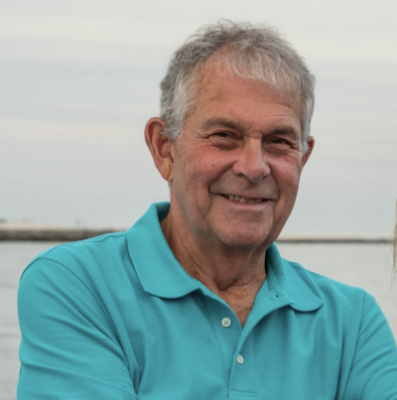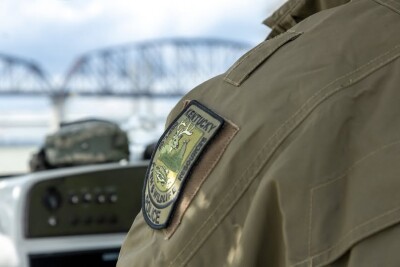Interested in learning more on this topic?
Nov 17-19, 2022 | Seattle, WA
A recent report detailed how offshore wind lease sales are a significantly better use of ocean acreage than oil and gas but the underlying narrative of the piece is connected to the speculative hype related to offshore wind development, especially on the West Coast of the United States. As of this moment, there are not any operational offshore wind projects on the West Coast and BOEM is currently not considering a test project or pilot program, underscoring the unproven nature of technology that could greatly impact fisheries and commercial fishing operations of all sizes across the entire region.
The stakes associated with offshore wind development and the communities that would be impacted by them are simply too high for people like Lori Steele, Executive Director, West Coast Seafood Processors Association. She’s focused on helping people on every side of the issue better understand these stakes and truly consider the impact of offshore wind development, which is something she’ll fully detail as one of the participants in the No Seat at the Table : U.S. Commercial Fishing and Offshore Wind panel discussion at Pacific Marine Expo (PME), taking place November 17-19th in Seattle, WA.
Exactly how commercial fishing voices and perspectives have been part of offshore wind development conversations will be a key discussion point but Lori will also be focused on outlining the many unknowns and a seemingly endless list of issues and potential impacts that need to be explored as part of the discussion. We caught up with her to further detail what isn’t working with the established Bureau of Ocean Energy Management (BOEM) regulatory process, how some of the social costs of such offshore wind development are being considered, what sort of action items she’s hoping to leave with PME attendees, and more.
Jeremiah Karpowicz: When it comes to the commercial fishing industry not having a seat at the table, OW advocates have argued that these seats have been available as part of various opportunities to provide feedback throughout the BOEM regulatory process. Can you tell us a bit more about this BOEM regulatory process and what needs to change with it?
Lori Steele: Some of our biggest concerns and challenges related to the offshore wind development process lie within the BOEM process. The BOEM process actually doesn’t provide opportunities for meaningful engagement by the fishing industry at all. Unlike the fisheries management process we are all used to (i.e., the Regional Council process mandated by the Magnuson-Stevens Act), the BOEM process is not stakeholder-driven and does not require, prioritize, or utilize input from fishery stakeholders in a meaningful way. It also does not provide for adequate impact analyses during the siting process.
BOEM needs to explicitly acknowledge the fishing industry as an existing and important ocean user group – and BOEM should engage with NMFS, the Councils, and the affected states as partners in the offshore wind development process – with the specified intent of minimizing conflicts with and impacts on fisheries and the marine environment. The process needs to be science-based, inclusive and transparent – Currently, it is none of these things.
What are some of the biggest problems with the research that has been done to define the impact offshore wind will have on fish and fishermen?
As the existing ocean users and stewards of the marine environment, we do not support the “leap now, look later” approach the Federal government (BOEM) is taking as it privatizes and industrializes our oceans for offshore wind development. There has been little to no research focused on the impacts of offshore wind development on U.S. fisheries, fishing communities, or the marine ecosystems we all depend on.
Commercial and recreational fishing have a significant impact on all of the West Coast states. The list of related industries is long, including seafood processors, brokers, shipyards, ports, marine equipment suppliers, gear repair, netting manufacturers, dry goods suppliers, fuel docks, and more. The combined impact on all of these industries and the number of jobs created contribute significantly to coastal economies. BOEM does not have expertise in terms of understanding how fisheries operate or the connection between harvesters to processors, support businesses, and the community.
The OW development process – and its affected stakeholders – would benefit if BOEM truly collaborated with the local fishing industry and community to try to understand fisheries better.
What are some of the most notable social costs (like pollution, health, cleanup costs, etc.) that are specifically associated with OW development? How should any of those costs impact the way the technology is positioned?
Offshore wind development will have a significant impact on our Nation’s food security, especially here on the West Coast. It is very often overlooked or ignored that the fishing/seafood industry is already doing its part to fight the climate crisis by providing high volumes of nutritious, sustainable protein that produces the lowest carbon footprint of any protein source on the planet. We feed the world and its ever-increasing population, and we sustainable and healthy food. It would be extremely short-sighted to minimize or eliminate the fishing industry in order to advance offshore wind development. From a social cost perspective, it makes no sense.
Also, offshore wind development is being touted as an emerging “green” industry that can provide thousands of jobs and new employment opportunities. The reality is that here on the West Coast, most of the jobs that offshore wind development can provide will not be located in the rural, underserved coastal communities that currently depend on fisheries. These are the communities that stand to lose the most from offshore wind development.
What role should PME play for attendees when it comes to better defining this “seat at the table” with commercial fishing and offshore wind?
PME is a great opportunity to raise awareness about offshore wind development and the threat it poses to our fisheries and marine environment. I hope the urgency and importance of this issue is conveyed clearly to our fishing industry.
I encourage anyone who wants to help protect US fishermen and fishing communities, as well as marine ecosystems and the marine environment to write to their elected officials – State and Federal – and voice their concerns about the rush toward offshore wind development and the threat to clean oceans and sustainable fisheries. Now is the time to ask questions and raise concerns about offshore wind development.
Hear more of what Lori has to say by registering for PME. You can also learn more about the event or the No Seat at the Table : U.S. Commercial Fishing and Offshore Wind session.







